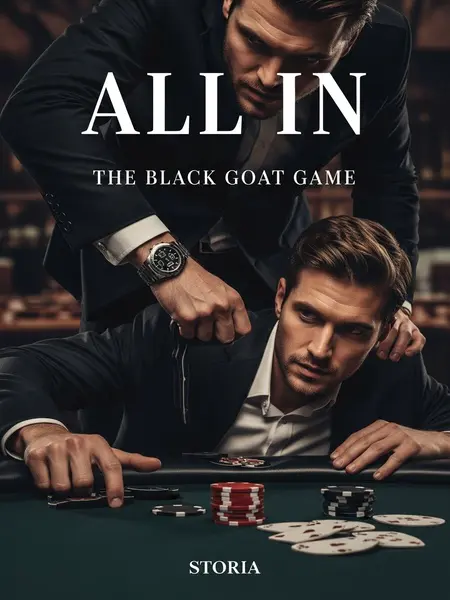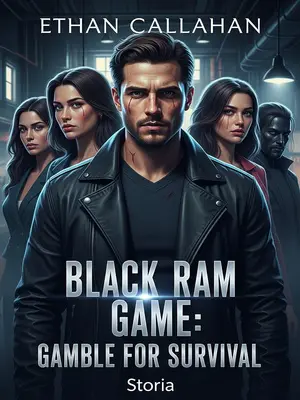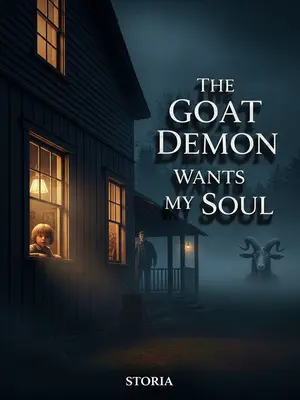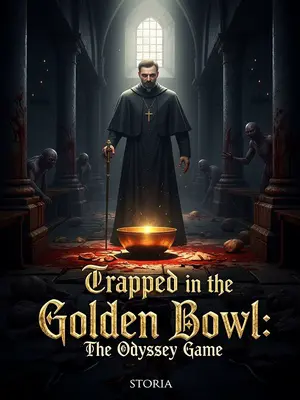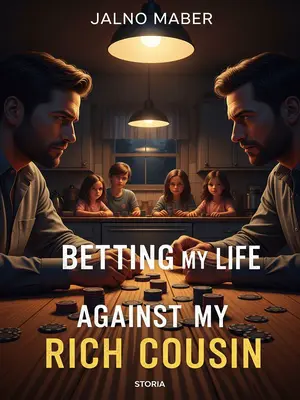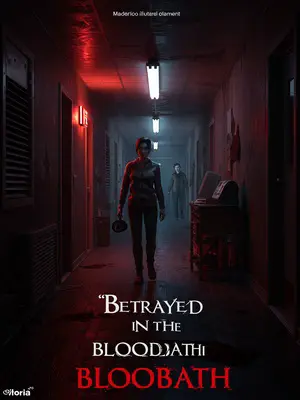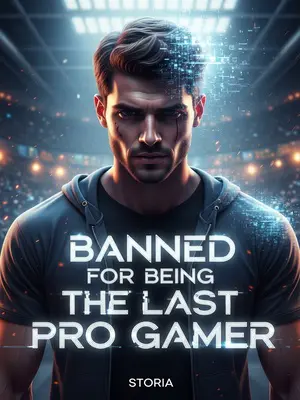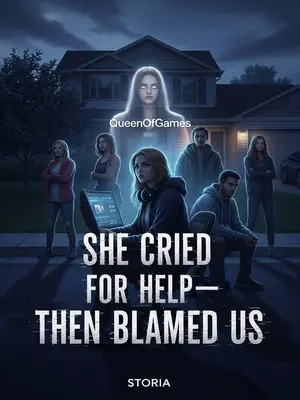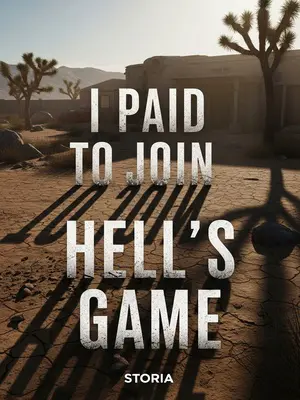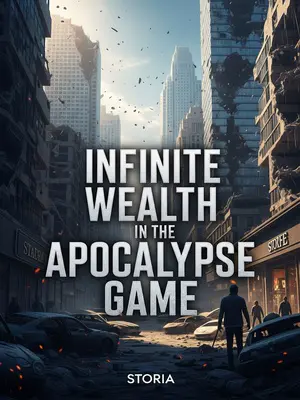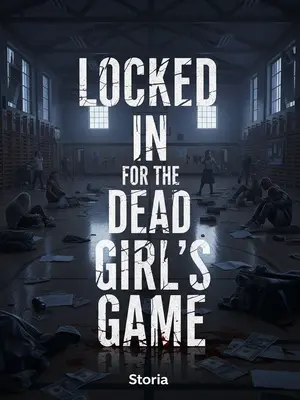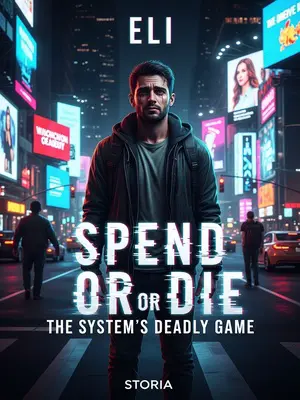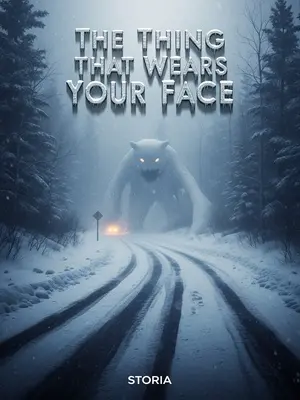Chapter 1: The Price of Desperation
I hesitated for a few seconds, but in the end, I tapped "Yes." My thumb hovered over the screen, nerves buzzing just beneath my skin. The living room was so quiet I could hear the hum of the fridge and the steady tick of the wall clock. I pressed the button—felt that little digital click, and for some reason, it sounded way louder in my head than it should have.
After I hit submit, I glanced down at my left hand—where my ring finger and pinky had been cut clean off. I let out a dry, bitter laugh. That was the price I’d paid for losing the game last time. The penalty wasn’t just a story; it was flesh and blood.
Even now, the scar tissue would itch when it got cold, and sometimes I’d reach for things that weren’t there anymore. The sight of my hand—messed up and missing pieces—reminded me daily that luck isn’t just a story you tell yourself. Sometimes, it’s a debt collector banging on your door.
I’d just signed up for a $1.2 million mortgage, and then the axe fell: I got laid off. Staring at my bank account, watching the balance shrink, a wave of anxiety crashed over me. With no paycheck coming in, how the hell was I supposed to cover next month’s mortgage?
Numbers in the app glared back, all angry red. Every night, when I tried to sleep, I saw foreclosure notices flashing behind my eyelids, and my mind kept replaying the image of my family’s old house—the one we lost when I was a kid. Guess that’s the American dream—always comes with a price tag.
Those stories online about people losing their homes to foreclosure, still owing the bank a fortune—those stories haunted me. I stubbed out my cigarette, let out a long sigh, stared up at the ceiling, and finally made up my mind. I opened an app on my phone I hadn’t touched in ages.
The taste of stale smoke clung to my tongue as I scrolled through my phone. My hands shook, but it wasn’t the nicotine. I hesitated a second before tapping the icon—a black goat’s head, surrounded by a weird red glow, as if it was daring me.
A black goat’s head with an eerie, almost otherworldly glow filled the screen.
It looked like something out of a nightmare—cartoonish, but those eyes seemed to follow you everywhere. I could almost smell sulfur and old leather, sharp and sour. It reminded me of the way haunted houses at state fairs always reeked—first fear, then cheap perfume. The memory hit in two beats, making my skin crawl.
"Mr. Mason, hello. You haven’t logged in for 578 days. Welcome back to Black Goat Game."
The robotic voice was cold and clinical, but just a little too cheerful. It made the hairs on my neck stand up, like when you hear your name called at the DMV and you know you forgot some crucial paperwork. I paused, letting the uncanny greeting hang in the air.
"This round will have 20 players. First prize: $3 million. Last place pays a penalty of $1 million. Want to join?"
I hesitated for a few seconds, thumb hovering, then tapped "Yes." There was a weird sense of déjà vu—like I’d already lived this moment and knew how it would end.
The second my finger left the glass, a cold rush hit my stomach—like I’d just stepped into oncoming traffic. I tried to tell myself it was just a game, but I knew better. This was real.
The moment I hit submit, my phone buzzed with a text message:
"Please gather at 52 Oakridge Crescent, at 6 p.m. on October 13."
The address glowed on my screen, standing out like a warning. I copied it into my notes, heart pounding so hard I could hear it in my ears. This was it—the point of no return. My hands shook, my mouth dry.
I turned off my phone, wiped my face. My bloodshot eyes stung.
I pressed my palms into my eye sockets, feeling the dull ache settle behind my brow. The world pressed in on me, heavy and close, like the air itself was a thick, suffocating blanket. I tried to blink it away, but the heaviness clung tight.
Black Goat Game—a twisted invention by a bunch of rich degenerates. Every round had a different theme, but all of them were brutal on your mind. Usually, no more than thirty players a round, and every one of them was a hardcore gambler.
It was the kind of thing you’d hear about on a late-night true crime podcast. The kind of story that gets whispered in the back of a dive bar. The stakes weren’t just cash. The price for losing was always something you’d never get back.
Win, you walk away rich. Lose, you lose more than cash—sometimes a piece of yourself.
There were rumors of worse, but I’d seen enough myself to know the truth. Fairness? That wasn’t in the rulebook. The game only cared about putting on a show—for the ones who ran it, and the vultures watching from the dark.
Of course, there are pros, too. They come in teams, outnumber the rest, analyze every rule, hunt for loopholes, and pull every dirty trick to guarantee a win. If you cross their path, you can only blame your luck.
People called them sharks, but around here, we called them Hunters. That was the local slang. They wore confidence like armor, their eyes always searching for weakness.
In the circle, these pro players were known as "Hunters."
They had reputations you could track on sketchy forums—nicknames, stats, even some fans rooting for them online. Some people idolized them. Me? I just tried to stay out of their way.
The first time I played, I ran into a Hunter and lost two fingers.
The memory of that night still burned. Everything shrank down to one terrible choice. My hand on the cold table, sweat dripping down my back, the world closing in. I’d been so naïve, and I paid in flesh.
But what else could I do?
Desperation was written all over my face.
I let out a bitter laugh. If I can’t pay the mortgage next month, the bank’ll come after me, and I’ll get buried in legal fees on top of everything else.
I pictured the courthouse: the judge’s bored look, the lawyer’s polite smile as they stripped away what little I had left. The American legal system didn’t care about sob stories. It just wanted its cut. I let that sink in for a moment.
Thinking about going back to that terrifying game, I felt nothing. No anxiety, no fear. Just a dull ache inside, like I was already halfway gone.
Strangely, there was a kind of numbness—like my nerves had burned out. When you’ve lost enough, fear feels like a luxury you can’t afford. It’s like standing in a burning house and realizing the flames can’t touch you anymore.
Because this time, I’d made up my mind: either win the game and flip my fate, or go straight to hell. There was no middle ground.
I said it out loud, just to hear the words echo in the empty room. It sounded less like a threat, more like a prayer. Either way, I was all in.
On the evening of October 13, I drove to 52 Oakridge Crescent. The ride was quiet, the radio off, my hands tight on the wheel. It’s a small town with storybook architecture—looked like something out of a fairy tale, all steep roofs and cobblestones, the kind of place that felt too quaint for a game like this.
The autumn air was crisp, leaves crunching under my boots as I walked up the brick path. The houses here looked like something out of a Hallmark movie—white picket fences, gabled roofs, the whole nine yards. But the villa at 52 Oakridge had a chill about it, like the set of a horror flick filmed in broad daylight.
I walked up to the villa, scanned the QR code on my phone, and one of the staff waved me in.
The staff wore crisp uniforms, faces unreadable and professional. No one smiled. They moved with the smoothness of casino dealers, eyes sliding over us but never really looking. Something about them made my skin crawl.
Inside the villa’s hall, I glanced around. A dozen or so players were already seated.
They looked like regular folks—some in suits, some in jeans and hoodies, one woman in a business suit, another in yoga pants, both tapping nervously at their phones. Nobody made eye contact. The tension in the room was thick enough to choke on.
I picked an inconspicuous spot and sat down, my knee bouncing under the table while I waited. My mind kept spinning, nerves on edge.
I kept my head down, fingers drumming on my knee. I scanned the exits, the security cameras tucked into the corners, the way the staff watched us without really watching—like they were waiting for something to happen.
After a while, the villa’s door burst open and five or six men swaggered in. They wore ripped jeans, leather jackets, some had nose rings, others ear piercings, and a few sported tattoos—dragons, tigers, skulls. Their look screamed trouble and didn’t fit here at all.
They looked like they’d stepped out of a biker bar on the wrong side of the interstate—loud, brash, and itching for trouble. The other players shrank back, instinctively giving them space.
The leader was in his thirties, with a mohawk and a cigarette dangling from his mouth. He blew smoke rings, every gesture casual but calculated.
He wore aviator sunglasses indoors, the kind of guy who thought rules were for other people. The scent of cheap cologne and tobacco followed him like a cloud.
Through the haze, our eyes met, and for a second, the world narrowed to just the two of us.
It was like a punch to the gut. Recognition hit, sharp and undeniable.
He recognized me, and I recognized him. The air between us charged with old history.
There was a flicker of something—maybe amusement, maybe just the thrill of seeing an old mark. His lips curled in a knowing grin.
"Yo! Isn’t this Mason?" he put on a show of surprise, eyebrows raised, swaggering over like he owned the place.
His voice was loud enough to draw stares, and he made sure everyone saw. He let his swagger do the talking, strutting right up to me.
I took a deep breath, feeling that old phantom ache in my missing fingers. My hand curled tight in my lap.
Old wounds throbbed—memories I thought I’d buried. I flexed my hand, jaw set.
He looked at me with a half-smile. "It’s been two years, right? What, broke again? Take my advice—don’t play. This game isn’t for you."
He let it hang, then grinned wider, drawing out the humiliation, savoring every second. It was all a game to him.
He tapped his finger against his temple. "You aren’t clever enough. This game takes brains. Just being reckless won’t cut it."
